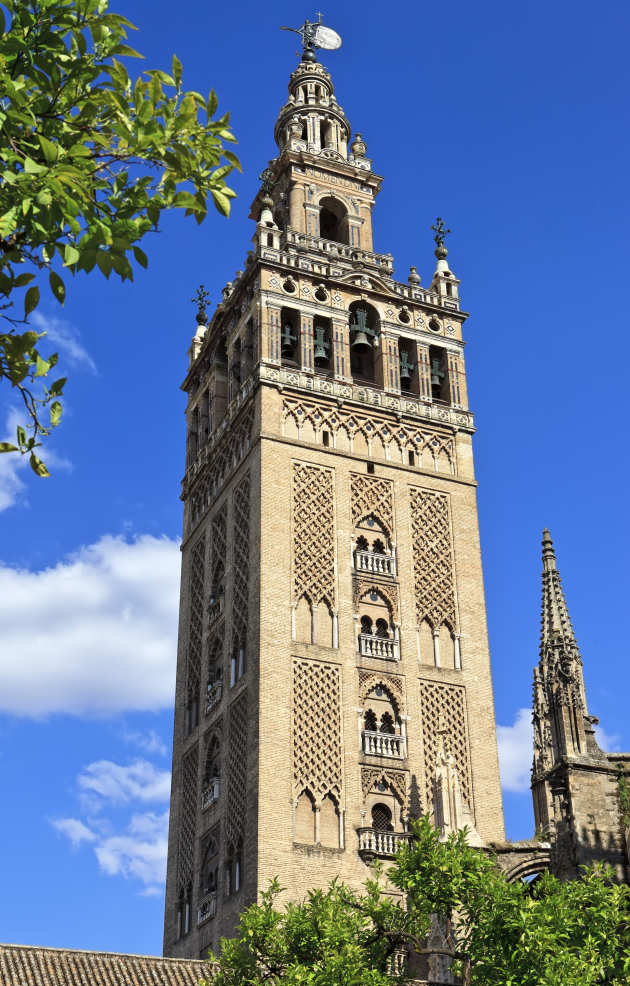Module details
- Offered to Year 3 & Year 4
- Thursdays, 16.00-18.00
- Planned delivery: On campus (South Kensington)
- Two-term module, worth 7.5 ECTS
- Available to eligible students as part of I-Explore
- Extra Credit, or Degree Credit where your department allows
Spanish advice
Contact the assistant coordinator:
Almudena Sanchez-Villen
(Student office hours: Mondays and Tuesdays. Any other days by appointment only)
Room S307, Sherfield Level 3
Centre for Languages, Culture and Communication
A communicative high-level module for students, providing a base for the study of contemporary Spain, social and demographic trends, cultural and economic issues, science and technology.
This is a high-level language module for students in their third year of Spanish study post A level, or fourth year post AS level.
This module will:
- consolidate your competence in the command of complex grammatical structures and vocabulary;
- help you to examine and critically-appraise various types of discourse and linguistic function through engagement with a broad range of registers, using these as models in your own production;
- introduce and apply a range of communicative strategies which will allow you to present to an audience confidently and professionally through different media;
- allow you to explore a range of historical and current socio-political issues which will enhance your understanding of Spanish-speaking contexts and topical issues and debates in Spain.
By the end of the module, students should have reached approximately the C1/C2 standard of the CEFR.
To be eligible for this module, you need to have done one of the following:
- Successfully completed Spanish Level 5
- Already achieved C1 or equivalent on the CEFR.
Download a table of the Common European Framework of Reference (CEFR) levels (PDF).
This module is not intended for native or near-native speakers.
Please note: The information on this module description is indicative. The module may undergo minor modifications before the start of next academic year.
Information blocks
On successful completion of this module, you will be able to:
- comprehend extended native speech with ease, recognising explicit, implicit and culturally relevant meanings;
- interact with ease in a variety of social and professional contexts, conveying meaning precisely and using language accurately, creatively, and sensitively to adapt to the needs of the communicative context;
- critique and react to a broad range of complex fictional and non-fictional productions, producing clear, smoothly flowing, complex texts, adopting the conventions of a variety of genres and applying sophisticated linguistic structures, register and stylistic features from the C1.2 range (Common European Framework of Reference, proficiency);
- convey new and creative meanings, developing your own authorial voice as required;
- demonstrate a high level of intercultural awareness, critically appraising and comparing cultural, scientific, and socio-political practices and perspectives from Spanish-speaking contexts, relating these to your own background and contexts of practice;
- expand your knowledge independently, using a range of language learning and research tools to tackle sophisticated communication and cultural translation.
In this module, you will:
- explore social and demographic trends in contemporary Spain alongside cultural, economic and STEM-related issues from Spanish-speaking contexts;
- work with advanced language structures, enhancing your awareness of discursive style and register and your understanding of linguistic purpose and function in practical situations;
- expand your essay writing skills and engage critically with a broad range of texts (literary, scientific, etc);
- present, debate and/or report on current affairs;
- apply research strategies to data collection and presentation, producing texts and other relevant materials to a professional standard;
- work with different registers to improve communicative sophistication.
In line with MFL communicative and active learning methodologies, in-class activities cover all four skills (reading, writing, listening and speaking) and include: pair work (dialogue practice, information gap exercises, discussion and collection of key terms/ideas followed by report to plenum); group work (discussion, creation of posters); individual tasks (presentations [with PP as well as video uploaded to Blackboard]); discovery and formulation of rules; critical evaluation of texts, audio and video material.
Homework and coursework tasks give you the tools required to participate in class and the opportunity to revise and consolidate knowledge and skills while developing an awareness of how to use language learning tools efficiently. This approach not only ensures you engage with a wide range of tasks, but also supports different learning styles.
Your coursework will be marked and returned within two weeks. Rubrics and revision guidance (how-to guides) will be included as needed with each coursework. You will receive detailed feedback alongside suggestions for improvement and an overall percentage showing your provisional grade for that assessment.
The module includes formative as well as summative assessment. Homework tasks (theory revision, reading, writing, listening, etc) are set every week on the Virtual Learning Environment, following a flipped-classroom approach to ensure face to face time is devoted to interactional learning and communicative skills acquisition. This means that you will be provided with materials to study independently beforehand and then apply these during classroom time. Your lecturer will provide you with support materials and guidance to reinforce topics covered at your own pace.
You will need to complete two pieces of summative coursework (set during mid-autumn term and mid-spring term), which will include rubrics and revision guidance to ensure you are supported when completing your work and so that you are aware of the assessment expectations. There will also be a 1-hour in-class examination (scheduled at the end of spring term), and one practical - in the form of an oral examination (during the summer term). The coursework, examination and practical contribute to your final grade.
- Coursework (20%): Independent research project, in mid-autumn term (abstract, questionnaire, data presentation, essay), c. 600-700 words total for written component.
- Coursework (20%): Recorded presentation/ podcast, in mid-spring term (8-10 min).
- Examination (30%): In-class test, run on the Virtual Learning Environment (Bring Your Own Device). This 1-hour test will take place at the end of spring term. Writing task (min. 500 words).
- Practical (30%): Oral exam, in the summer term, including pre-prepared presentation/ commentary on dossier and unprepared discussion (approx. 25 minutes).
Assessment information for students on a course with a year abroad
- 7.5 ECTS points awarded on successful completion of the module.
- Available to take for credit towards your degree, where your department allows. Also available for extra credit. The Module options by department page has a full list of the credit options.
- You must be prepared to attend all classes and undertake approximately 3 hours of private study each week in addition to the assessment.
Module materials
Much of the material will be introduced in the form of handouts from books, the press, scientific journals, literary extracts and audio-visual material from different sources.
Other materials (available in the library)
- Gramática de uso del español. Teoría y práctica. Nivel superior (C1-C2) by Luis Aragonés & Ramón Palencia, SM, 2010, ISBN: 978-84-675-2109-2.
- Developing writing skills in Spanish by Javier Muñoz-Basols et al, Routledge, 2012, ISBN: 0415590833.
- Manual de estilo de la lengua española: MELE 3 by José Martínez de Sousa, Trea, 2007.
- Saber escribir by J. Sánchez Lobato, Aguilar, 2007.
Further information
Further information for Year Abroad/Year in Europe Students
Further information for BSc Hons and MSc Language for Science Degrees
"Conversation was encouraged, which is vital for a language course to work, and the style of tuition was very friendly, interactive and even student-centred at times, through constant discussion (oral and written) of topics chosen by the students - when the material studied offered the chance."
"I felt that the broad range of topics covered was very stimulating: historical, literary and other cultural backgrounds of Spain."
"I enjoyed the variety of topics covered and that we were able to give our own input on the topics we were interested in covering."
"I am really glad that rather than focusing on only one or 2 pieces of literature, we could cover topics across many different genres."
